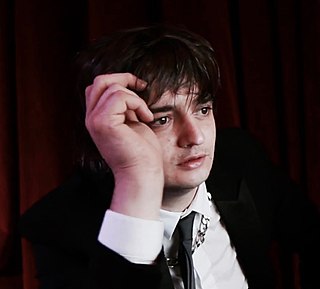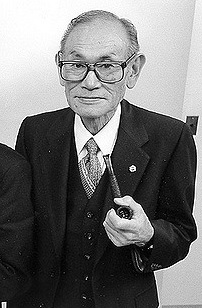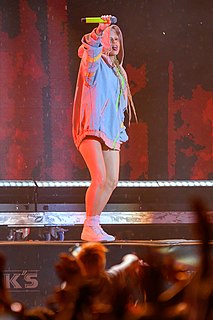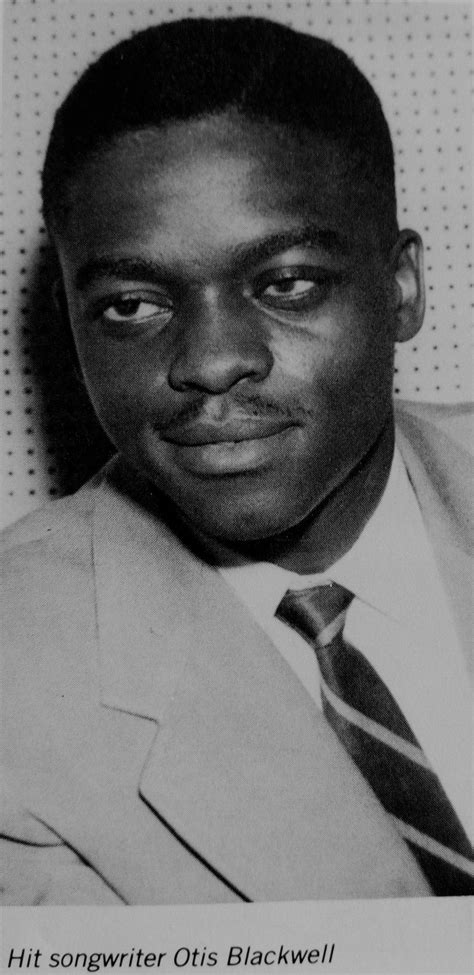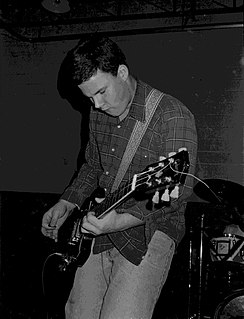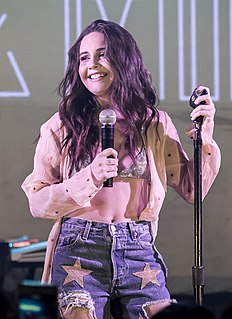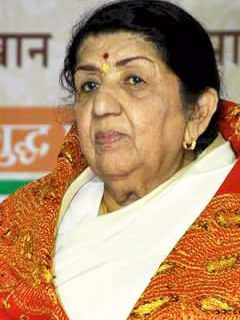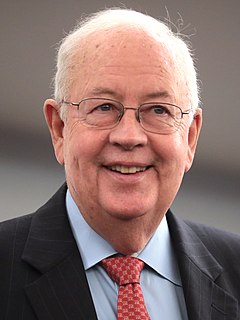A Quote by David Toop
I'd entirely forgotten about Pass The Distance, and then I went to Japan in 2000, and was asked to do interviews with all these journalists, who were showing up with bootlegs of this record, asking me to talk about it. I was astonished. It kind of gained momentum.
Related Quotes
Before the war, my parents were very proud people. They'd always talk about Japan and also about the samurai and things like that. Right after Pearl Harbor, they were just real quiet. They kept to themselves; they were afraid to talk about what could happen. I assume they knew that nothing good would come out of it.
It's strange, somebody asked for my autograph the other day. Because I finished school and I'm not really doing anything at the moment, I was just kind of aimlessly wandering around London and these two guys who were about 30 came up and asked for my autograph. I was really quite proud at the time, and they wanted to take photos and stuff. And then they were sort of wandering around and I was kind of wandering around and I bumped into them about three times, and every single time their respect for me kept growing and growing and growing.
Yes. I was looking for Lettie. They were both very kind to me,” Percival said, “Even though they’d never seen me before. And Wizard Howl kept visiting to court Lettie. Lettie didn’t want him, and she asked me to bite him to get rid of him, until Howl suddenly began asking her about you and—“ “what?” he said, “ I know someone called sophie who looks a little like you.. And Lettie said, that’s my sister,’ without thinking,” Percival said. “ And she got terribly worried then, particularly as Howl went on asking about her sister.
I got irritated with people asking us the same questions. Like, 'Are you a real band?' Journalists wanted to slay us, tried to cut us down, and I just started caring less and less about doing interviews. With Facebook and Instagram, you kind of don't need to anyway. But now and again, we'll do something when there's new information to share.
There's a book of interviews with John Cage by Joan Retallack called Musicage that was finished the summer that he died, in 1992. And in one of the last interviews, he was very excited to talk about nanotechnology. There's real technophilia from him, a kind of utopian embrace of the idea that nanotechnology will free people up to do what they really want to do.
It's not hard for me to be honest with my fans because that's what I set out to do from the beginning - I've based my entire career off of just trying to do that for them - but I always kind of forget that my real life friends can hear my music and they can watch my interviews if they want and that's when I get kind of like- "oh..." - I don't necessarily sit down and talk to my friends about all the things that I write my music about, because it's easier for me to write music than to sit and talk to my friends about it sometimes- it's almost like writing in a diary.
I saw. I wanted to start my own store so people would know that what they were buying was real. There were bootlegs around at the time that had my name on the cover, but the music had nothing to do with me. I'm not trying to compare myself to [Jimmie] Hendrix, but back in the '70s, there were some Hendrix bootlegs.
I got on the phone with the president of my label and I said, "Obviously, I write songs in a lot of styles and play a lot of different kinds of music. We're getting toward the end of our business collaboration. If you could envision a record that you wanted to hear from me, what kind of record would it be?" It wasn't like asking him to fill an order, it was really just a conversation. For all the things I'd ever asked him, this was one thing I'd never asked, and I don't know why. So I was curious. And the thing that he was most interested in hearing was a solo record.


